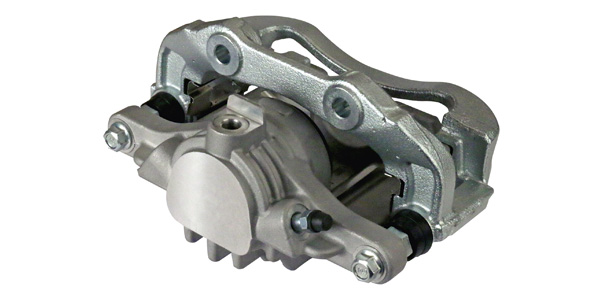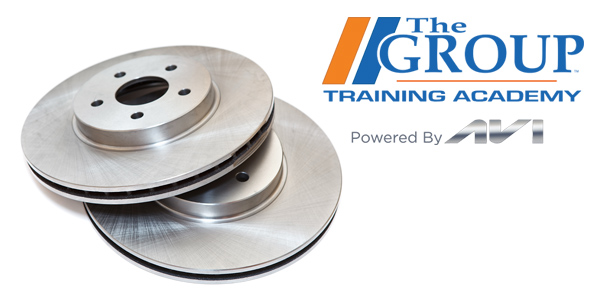
Raybestos has expanded its caliper line with the addition of more new part numbers for its Opti-Cal premium new brake calipers and RPT Rust Prevention Technology plated brake calipers.
“We have made significant investments in research, development, testing and inventory levels to ensure timely shipments of top-quality calipers that provide all-weather protection and durability, while inhibiting rust and extending product life,” said Kristin Grons, marketing manager, Brake Parts Inc (BPI). “By adding more caliper coverage of popular domestic and import nameplate applications, we continue to meet the needs of our valued customers.”
Designed and manufactured to strict Raybestos engineering specifications, Opti-Cal premium calipers offer “original-equipment precision at a fraction of the cost of OE,” according to BPI.
“With 100 percent new components, no core return and lower warranty rates, Opti-Cal calipers provide hassle-free installation and optimal performance,” the company said.
RPT Rust Prevention Technology plated brake calipers are premium-quality, remanufactured calipers that function and fit like OE, according to the company.
“RPT calipers are friction-ready and engineered for safe, leak-free operation,” BPI said. “The plated brake calipers maintain their high-quality appearance and deliver continued functionality throughout their extended service life.”
For more information about Raybestos Opti-Cal new brake calipers or RPT Rust Prevention Technology plated brake calipers, contact your Raybestos representative or visit www.raybestos.com.




